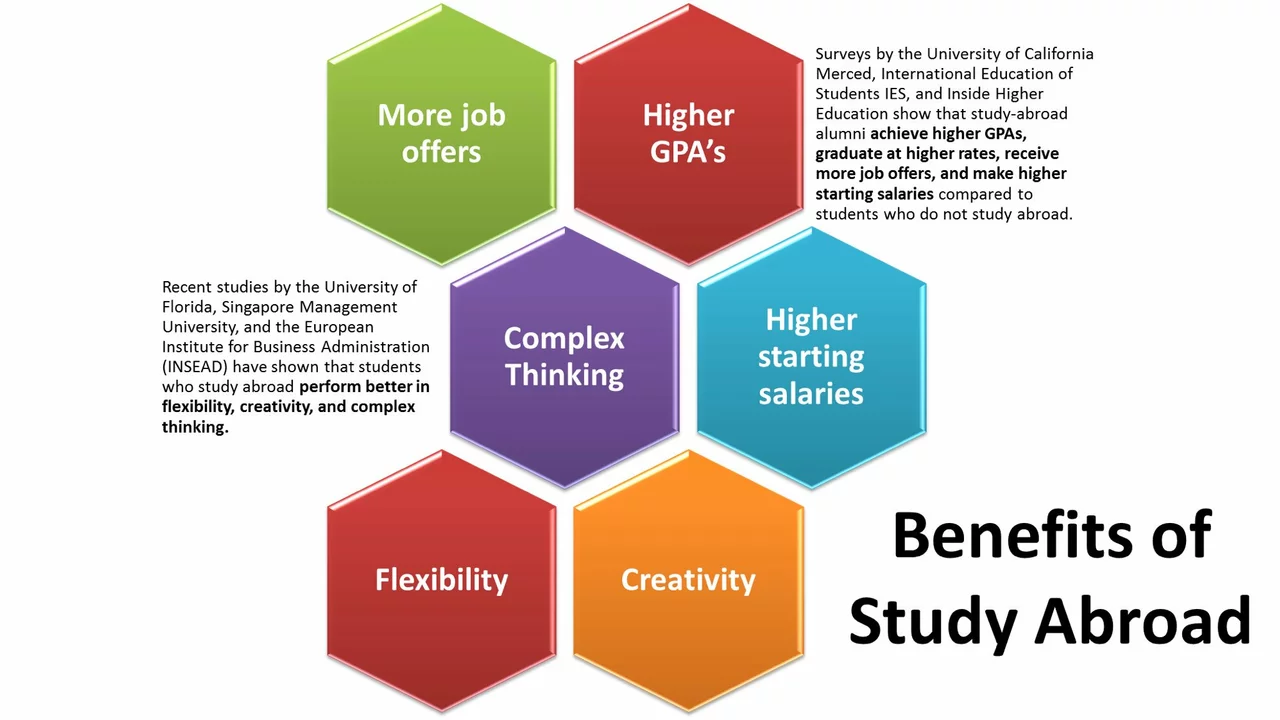Does subsidizing higher education lower its value?
 Aug, 4 2023
Aug, 4 2023
Grasping the Idea of Government-Funded Higher Education
Government-funded higher education or subsidized higher education, is a compelling concept. For those unfamiliar, it refers to the governmental assistance provided to tertiary education, where the government absorbs a portion or even all costs related to your degree. Intriguing, right? While the idea of minimizing or fully abolishing education costs sounds appealing, it also triggers a significant question: does providing subsidies for higher education devalue it? The answer is not as straightforward as it might seem.
Understanding the Advantages of Government-Funded Higher Education
It's easy to see why students and their families appreciate government-funded higher education. The notion of not having to worry about the financial aspect of higher education or evading the looming shadow of student loans is undeniably appealing. But the benefits of such a policy don't stop there; they also resonate throughout society.
An educated society is a robust society. Picture education as a power-up in a video game, boosting your capabilities and preparedness for future challenges. Elevating the overall education level can spur innovation, enhance economic productivity, and reinforce societal structures. The concept of "help me write my essay online" becomes less daunting in such a scenario, isn't it?
Discussing the Potential Drawbacks of Subsidized Higher Education
However, there's another side to this story. Critics suggest that subsidized higher education might lead to its devaluation. This might seem paradoxical, but let's delve deeper. It's in our nature to take for granted those things that come free or at a heavy discount. The value of such items often decreases because we haven't expended much effort to earn them. This principle can extend to our perception of subsidized education.
The Value of Education: A Personal Perspective
Reflecting on my own journey, the financial commitment I made towards my diploma played a part in shaping me. It instilled a sense of value for my education and an impetus to seize every learning opportunity. This experience underscores the psychological facet of this discussion, but it shouldn’t be interpreted as an endorsement for heavy student debts or financial struggles.
In short, a subsidized education could alter our perception of its value. However, does that make the degree itself less valuable? That's an intriguing puzzle to decipher!
Education Quality and Government Subsidies
One more angle to consider is the effect of subsidies on the quality of the education provided. Some argue that subsidies might make institutions complacent, leading them to rely on government funding instead of pushing for innovation or improved education quality.
On the other hand, others posit that institutions could use subsidies to better their facilities, hire highly qualified faculty, and enhance the education they provide. This debate can swing in either direction, much like choosing the best Tim Tam flavor – it boils down to personal preference.
Do Government Subsidies Lower the Value of Higher Education?
So, do government subsidies devalue higher education? The verdict seems unclear, much like viewing through a heat haze. This topic brings forward a spectrum of arguments. We've addressed the potential for misconceptions when something valuable becomes cost-free and considered the possible effects on institutional behaviors and societal progression.
Ultimately, the response isn’t black and white. It largely depends on how these policies are executed and the individuals' motivations for pursuing higher education. As always, it’s critical to discuss and understand the benefits and drawbacks and thoughtfully assess all factors. This understanding forms the path for improvement, adding another layer of interest to life, doesn't it?